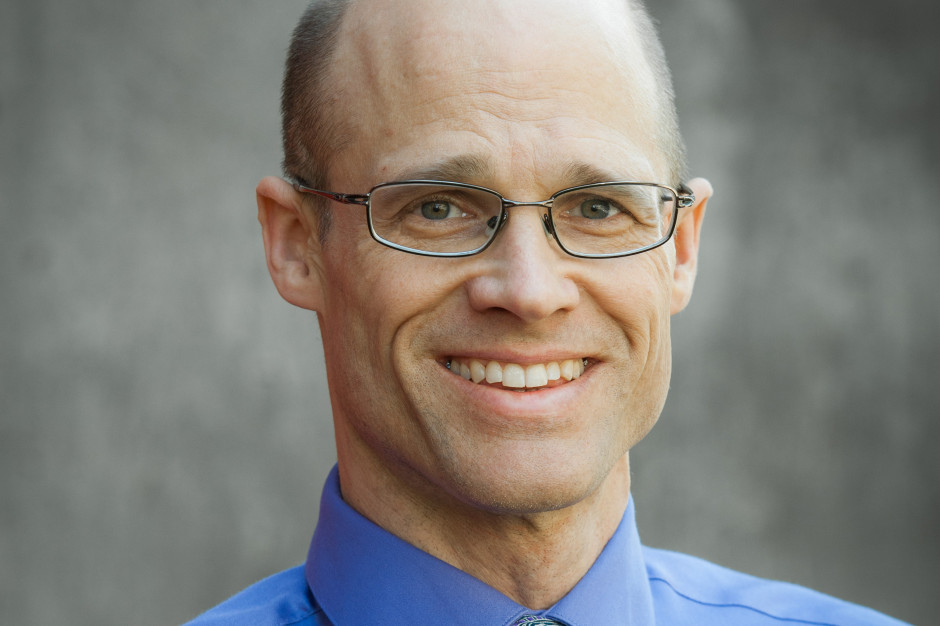
An ongoing project led by Department Head Dr. Ben Mortenson on the implications of climate change for people with disabilities was recently featured in Pathways, the UBC Faculty of Medicine’s digital magazine.
This research answers to a pressing need for occupational therapists to adapt to the changing needs of clients with disabilities in the face of climate change. People with disabilities experience more barriers in the built environment, higher rates of poverty and unstable housing, and more social and economic barriers than the general population, making them disproportionately vulnerable to the effects of climate change, which range from respiratory illnesses during wildfires to evacuations during emergencies.

Occupational therapists (OTs) are in a good position to help people with disabilities adapt to climate change, since, as Dr. Mortenson points out, adaptation is intrinsic to the practice of occupational therapy.
One area of adaptation which Dr. Mortenson has been investigating is the sustainability of home modifications. Along with Caitlyn Croft and Chloe Peters, who pursued this research for their Capstone project, and OSOT Assistant Professor of Teaching Tanya Fawkes, Dr. Mortenson examined the reuse and disposal of used adaptive equipment, OTs’ views on the sustainability of home modifications, and on barriers to making home modifications more sustainable. This work was presented at the 2021, 2022, and 2023 CAOT conferences.

Dr. Mortenson’s integration of climate change into his research and teaching is growing: a study of the role of OTs in climate change has been presented at the CAOT conference and will be presented at the 1st Occupational Therapy Europe Congress, and he has received both a UBC Climate Education Grant (along with OSOT faculty Michael Lee and Dr. Susan Forwell) and a grant from the UBC Teaching and Learning Enhancement Fund (with PhD student Dr. Farrukh Chishtie) to integrate climate change into the curriculum of our MOT program.
Occupational therapy has the potential to help build resiliency and to help people continue to engage in occupations in response to climate change.